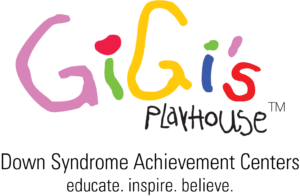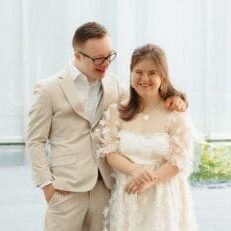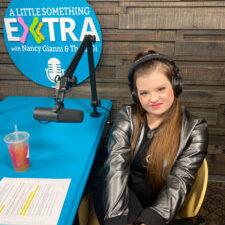How To Promote Down Syndrome Acceptance on Social Media
Social media can be a powerful tool for change… when it’s used with intention and respect. If you’re wondering how to talk about Down syndrome online in a way that actually promotes acceptance, you’re not alone.
The good news? You don’t need a huge platform to make a meaningful impact.
Whether you’re a parent, friend, educator, or advocate, here’s how to use social media to share stories, start conversations, and build a world that truly embraces individuals with Down syndrome, during Down Syndrome Awareness Month and all year long.
Share Stories That Go Beyond the Diagnosis
The most impactful posts are often the simplest. A moment of joy. A personal win. A glimpse of everyday life.
When you share stories about a loved one with Down syndrome, focus on who they are as a person: their personality, interests, talents, and heart.
This helps break stereotypes and reminds others that individuals with Down syndrome are not defined by a medical term. They are fully human.
Instead of:
“He has Down syndrome, but he’s so smart!”
Try:
“Here’s Liam showing off his LEGO skills. He’s been building cities all week!”
Let the story celebrate their individuality, not contrast it against outdated assumptions.
How to Talk About Down Syndrome (Respectfully)
If you’re using social media to educate or advocate, make sure you’re using inclusive, person-centered language. You don’t need to be perfect, but it’s important to be thoughtful.
Use:
- Person-first language. Say: “a child with Down syndrome”
- Strength-based descriptions: confident, capable, learning, achieving
Avoid:
- “Suffers from” or “afflicted with”
- “Downs kid” or “Down syndrome child”
- Anything that frames someone as a burden or an inspiration “just for existing”
Still learning? That’s okay. Advocacy starts with awareness, but grows through education and intention.
What to Do When Others Get It Wrong
We’ve all be there before. We’ve had first-hand experience with people on social media using outdated terms, making incorrect assumptions, or sharing “feel-good” content that feels more exploitative.
Sometimes, you feel like you need to say something. If you want to speak up, the goal is to keep the door open for dialogue, not shut someone down.
Here are a few ways to correct misinformation with kindness:
“Hey! Just a quick heads-up, the more respectful way to say that is ‘person with Down syndrome.’ I know language can be tricky!”
“I’ve been learning a lot about how to talk about Down syndrome more thoughtfully. Want a great resource?”
“That post might seem lighthearted, but it can actually feel demeaning to some in the disability community. Here’s a better way to share love and support!”
If you’re not sure what to say, you can always link them to GiGi’s DSAM page for easy, educational resources.
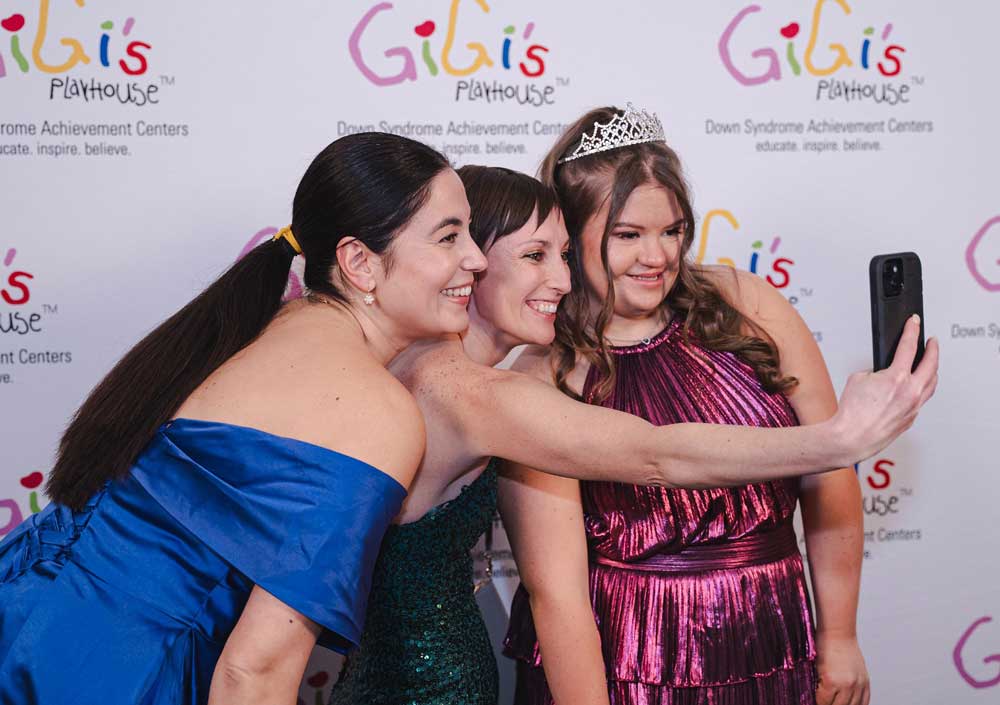
Use Visuals That Inspire (Without Stereotypes)
You can do a lot with a simple graphic. GiGi’s Playhouse offers free, ready-to-use social media tools you can download and share today:
- Awareness graphics and quote cards
- Facebook covers and Instagram story templates
- Profile frames and fact-based images
Download yours here: gigisplayhouse.org/dsam
Pair these with personal stories, educational tips, or supportive messages to create posts that are both beautiful and impactful.
Be Respectful When Sharing Photos or Videos
Whether you’re sharing a proud moment or an everyday laugh, make sure your content respects the dignity of the person being featured.
Before you post:
- Do you have permission (from them or a parent/guardian)?
- Would they feel proud or respected by this post?
- Are you highlighting their voice — or using their story to make a point?
It’s important to not just turn people into content to be like, shared, or commented on. Instead, celebrate individuals through moments that they’re proud to share.
Want to Start Sharing But Don’t Know What to Say?
Here are a few caption prompts you can make your own:
- “This is my sister. She’s funny, competitive, and the best listener I know. She also happens to have Down syndrome.”
- “October is Down Syndrome Awareness Month, but we live acceptance every day.”
- “I’m committed to #DownSyndromeAcceptance. Because every person deserves to be seen, heard, and celebrated.”
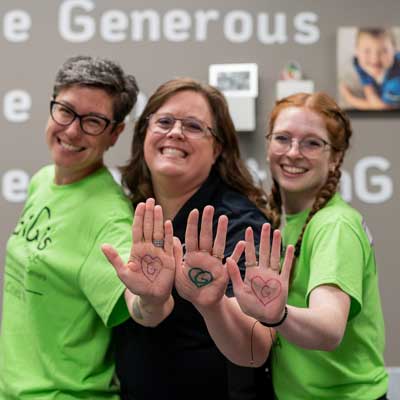
You Don’t Need a Huge Platform to Make a Huge Impact
Every comment, story, share, and correction helps build a more accepting world.
This Down Syndrome Awareness Month, let’s go beyond awareness and into action. Share stories. Educate with compassion. Lead with love.
Learn more here: gigisplayhouse.org/dsam
